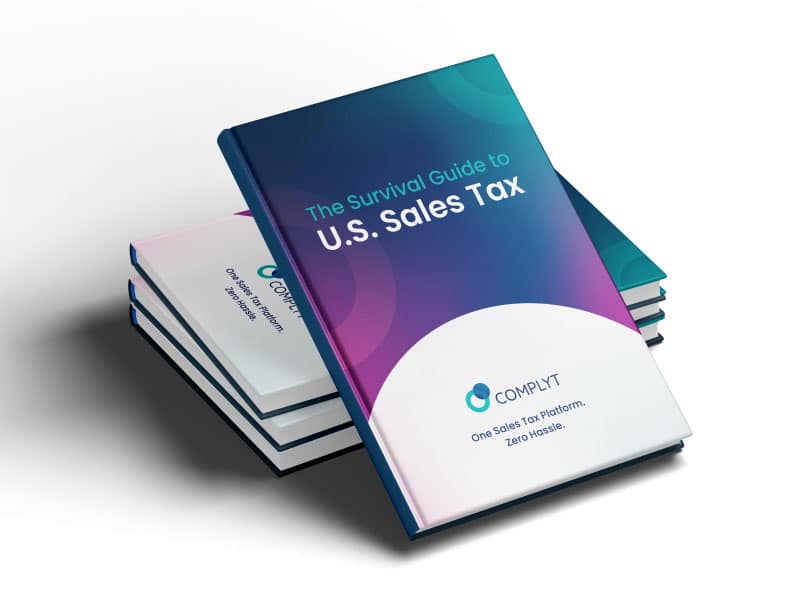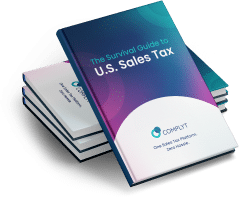What is the sales tax rate in Oregon?
Unlike many states, Oregon does not have a statewide sales tax. This is good news for both residents and visitors to the state, who can enjoy the benefits of no sales tax on most purchases. This means that in Oregon, the price you see on the price tag is the actual price you will pay at the checkout.
However, it’s essential to note that while Oregon does not have a general sales tax, some localities have imposed selective sales taxes on specific goods and services. For example, Portland has a tax on rental cars, and Ashland has a food and beverage tax. These local taxes are the exception rather than the rule, though, and they are generally modest.
When should your business collect Sales Tax in Oregon?
Since Oregon does not have a general sales tax, most businesses in the state do not need to collect sales tax from customers. However, if your business operates in a locality that imposes a selective sales tax on certain goods or services, you may need to collect that tax. So it remains vital to confirm your sales tax obligations with the local tax authorities of the Oregon counties you operate in.
Oregon Sales Tax on Products: How to Calculate What Your Business Should be Charging
Since Oregon does not have a general sales tax, businesses generally do not need to calculate or charge sales tax on products sold in the state. However, some localities have selective taxes on specific products or services.
If your business operates in a locality with such a tax, it is essential to understand the applicable rules and rates. For example, if your business sells prepared food and beverages in Ashland, you would need to calculate and charge the 5% food and beverage tax on those sales.
To calculate the tax, simply multiply the sales price of the taxable item by the applicable tax rate. For example, if you sell a $10 meal in Ashland, the tax would be $0.50 (10 x 0.05), making the total charge $10.50.
How much is Oregon clothing tax?
Oregon does not have a general sales tax, and this applies to clothing as well. So, there is no statewide clothing tax in Oregon. However, as mentioned earlier, some localities in Oregon do impose selective taxes on specific goods, such as clothing.
Oregon Online Sales Tax: Are SaaS and Digital Services Taxable?
Oregon does not have a general sales tax, so there is no statewide sales tax on SaaS or digital services. So something like Oregon SaaS sales TAx isn’t likely to enter your compliance radar anytime soon. But businesses should still be aware of any selective taxes or fees imposed by localities or other specific tax obligations in Oregon.
SaaS Sales Tax Oregon: Does my Business Need to Charge Sales Tax for SaaS?
Not in Oregon, no. But since 2018 and the South Dakota vs. Wayfair ruling that introduced economic nexus to the sales tax world, Oregon-based SaaS providers may be obliged to collect sales tax in states that do subject SaaS to sales tax.
How can a business get a sales tax permit in Oregon?
Since Oregon does not have a general sales tax, businesses typically do not need to obtain a sales tax permit. However, if your business is subject to any of Oregon’s selective taxes or fees, such as the food and beverage tax in Ashland or the rental car tax in Portland, you may need to register with the local government that imposes the tax.
Collecting Sales Tax in Oregon as a Business
Businesses in Oregon generally do not need to collect sales tax, as there is no statewide sales tax. However, if your business operates in a locality with a selective tax or fee, you must collect the tax from your customers and remit it to the local government.
For example, if your business sells prepared food and beverages in Ashland, you need to collect the 5% food and beverage tax and remit it to the city of Ashland.
To collect the tax, simply add the tax amount to the sales price of the taxable item. If you sell a $10 meal in Ashland, you would charge $10.50 ($10 + $0.50) and remit the $0.50 tax to the city.
It’s important to note that dues dates and filing frequencies are based solely on home jurisdiction rules in Oregon, and as such businesses need to consult with the local authorities where they conduct business to confirm submission and remittance dates.

